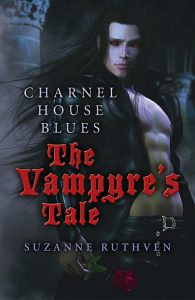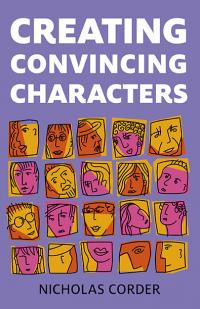
 Suzanne Ruthven, author, commissioning editor, tutor, publisher, ghostwriter ... but not a literary critic.
Suzanne Ruthven, author, commissioning editor, tutor, publisher, ghostwriter ... but not a literary critic.
“Reviewing has one advantage over suicide: in suicide you take it out on yourself; in reviewing you take it out on other people.” George Bernard Shaw
New authors often ask the question: How do you cope with bad reviews? The answer is: That like critics, you ignore them! Reviewers tend to hover on the periphery of creativity and many often seem to exist purely for the joy of being negative about someone else’s writing.
Presumably, if your book had been published by a respectable, main-stream publishing house then the typescript has passed through the lengthy process of being vetted by the publisher’s readers and editors long before it gets to the production stage. These people are professionals in their field and obviously deemed your book worthy of publication under that particular publisher’s umbrella; they have endorsed your writing style, approach to the subject and content. Therefore any bad review is purely the reviewer’s own personal take on your book and, just as we can never like everyone we meet in life, we can’t like every book we choose to read.
If, on the other hand, we’ve gone down the self-publishing road and our typescript hasn’t undergone the strict scrutiny of publishing professionals, then we only have ourselves to blame if the finished title doesn’t pass muster, and must shoulder the responsibility of having produced a poor book. Self-publication is costly enough but it may be worthwhile to consider a freelance assessment and/or edit before sending the finished typescript off to the printers and avoid a savaging at the review stage.
Authors are becoming more and more reliant on positive reviews on Amazon (.com and co.uk) for the cutting edge marketing of their books and although relevant blogs and magazines are important for publicising our latest release to like-minded souls, Amazon is increasingly becoming our main shop window. Turn to the reviews for the ‘great and good’, however, and we can still find ‘bad’ reviews because someone didn’t like a particular book – not because of poor writing but because it didn’t come up to personal expectation. And the more waspish the content, the longer the review – which appears to dominate the dozen or so positive reviews from satisfied readers.
There is often another reason for bad reviews and one of the best comments on this mode of thinking was summed up by the arch-master of magick, mystery and mayhem himself, Aleister Crowley:
Test the average man by asking him to listen to a simple sentence which contains one word with associations to excite his prejudices, fears or passions – he will fail to understand what you have said and reply by expressing his emotional reaction to the critical words.
This type of response is more common than we would reasonably expect and infinitely more vitriolic, simply because we, as the author, have offended someone’s sensibilities with the use of one particular word or phrase. Therefore the whole book is damned on the use of a handful of words.
So, if you happen to receive a bad review for your book at some stage, don’t be upset by the ramblings of someone who has picked up your modest tome and found that it compares unfavourably with the work of Noam Chomsky. You’ve written the book, it’s yours – and it has found favour in the eyes of a team of publishing professionals or it wouldn’t be out there for review in the first place. Enjoy the satisfaction of your achievement and think on the famous words by Brendan Behan: “Critics are like eunuchs in a harem: they know how it’s done, they’ve seen it done every day, but they are unable to do it themselves.”
Buy Paperback: AMAZON US AMAZON UK INDIEBOUND
Buy eBook: AMAZON US HIVE INDIEBOUND
This article was first published in the Writer's Wheel Magazine Issue 3
Categories:
0 comments on this article







